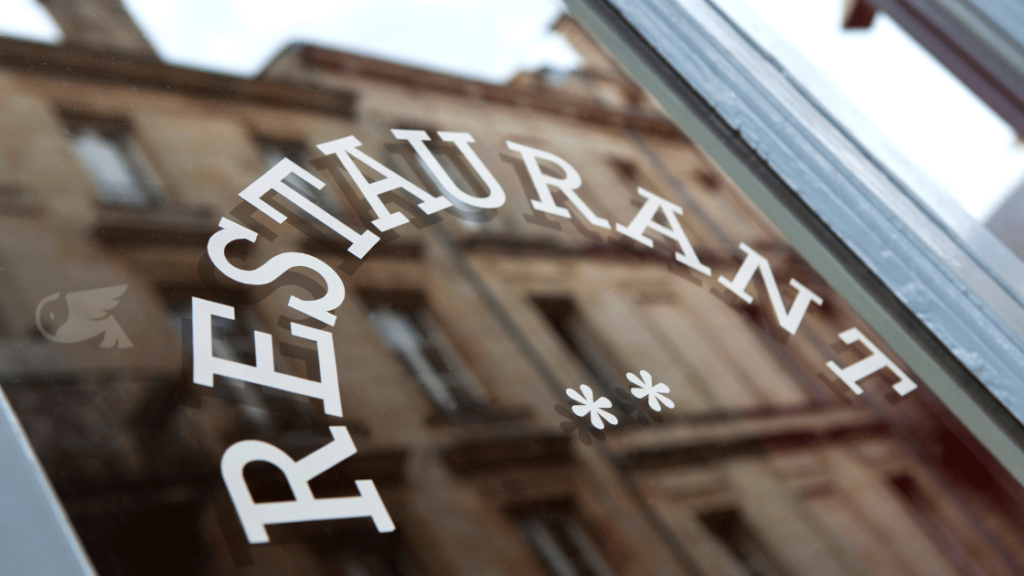
Opening a restaurant in Denver? Before you start picking paint colors or planning your grand opening, there’s one major hurdle you’ll need to clear: the building permit process.
From kitchen installs to ventilation systems and grease traps, even the smallest renovation triggers a maze of approvals—and missing a single detail could delay your entire project.
In this post, we’ll break down exactly what’s required, who’s reviewing your plans, how long it really takes, and what it costs—so you can open your doors with confidence and avoid costly surprises.
Building Permit
Virtually all construction or renovation work for a restaurant in Denver requires a building permit.
This includes:
- Interior remodeling
- Installation of commercial kitchens
- Plumbing and electrical work
- HVAC for ventilation hoods
- Fire suppression systems
- and more.
The application for a Denver building permit, processed through the e-permits system, triggers multiple technical reviews simultaneously. These include structural and architectural codes, electrical, mechanical, plumbing, fire department, public health, and wastewater reviews.
Department of Public Health and Environment (DDPHE) and Sewer Use & Drainage Permit (SUDP)
Denver’s DDPHE and SUDP teams are integral to the building plan review process for restaurants.
DDPHE conducts thorough reviews to ensure compliance with health standards for new restaurants, changes of use, or major remodels.
Similarly, the SUDP team reviews plans for required grease traps (pretreatment devices) to protect the sewer system from fats and oils.
All reviews are coordinated through the building permit application to streamline the approval process.
Timeline and Costs
Plan review timelines for building permits in Denver can vary significantly. While efforts are underway to streamline the process, large commercial projects have historically taken around 8–9 months for initial review completion.
Smaller projects, like light interior remodels, may be quicker, typically taking a few weeks to a couple of months for review.
Building permit fees are based on the project’s valuation, with higher project costs resulting in higher permit fees.
Additional costs may include trade permits (electrical, plumbing, mechanical), fire alarm or sprinkler system permits, and use-tax on construction materials.
Inspections and Certificate of Occupancy (CO)
After receiving plan approval and starting construction, scheduling inspections is crucial.
Final inspections from building, trades, fire, and other relevant departments are required before obtaining a Certificate of Occupancy (CO). The CO signifies Denver’s formal approval to open your restaurant for business.
It’s essential to coordinate final building inspections with health and fire inspections and ensure all required documents, such as grease interceptor approvals or health inspection reports, are obtained for the CO or business license.
